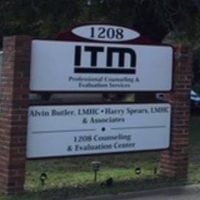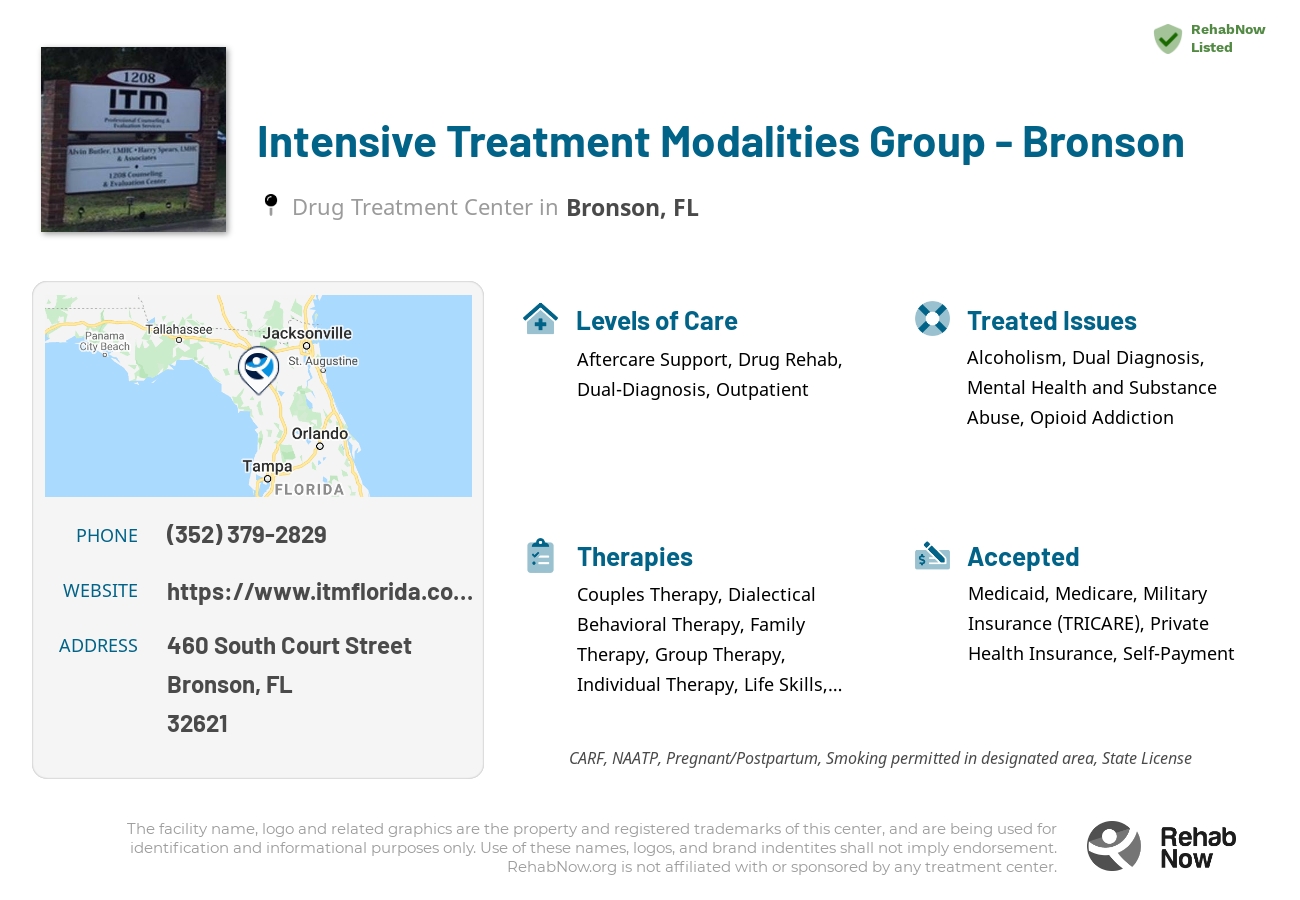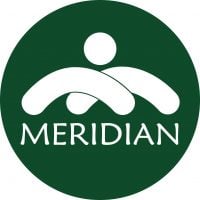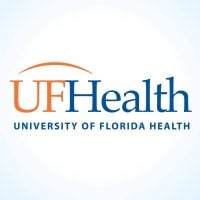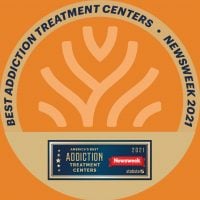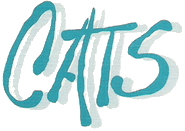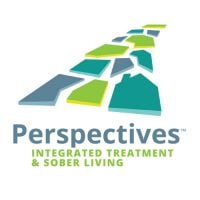Intensive Treatment Modalities Group - Bronson
Drug Rehab Center in Bronson, Florida
Intensive Treatment Modalities Group - Bronson, located in Bronson, Florida, is an alcoholism and drug addiction treatment facility offering comprehensive programs for individuals struggling with addiction, providing evidence-based therapies, individual counseling, group therapy, and family therapy, as well as aftercare support and outpatient levels of care.
About This Florida Facility
Intensive Treatment Modalities Group - Bronson is an alcoholism and drug addiction treatment facility located in Bronson, Florida. They offer comprehensive treatment programs for individuals struggling with alcoholism, opioid addiction, dual diagnosis (co-occurring mental health and substance use disorders), drug addiction, and mental health issues. The facility provides aftercare support, drug rehab, dual-diagnosis treatment, and outpatient levels of care. They accept private health insurance and are affiliated with the Intensive Treatment Modalities Group, ensuring a high standard of care and a focus on personalized treatment plans.
Intensive Treatment Modalities Group - Bronson offers a range of effective services and treatment methods for addiction and substance abuse. Their approach includes evidence-based therapies, individual counseling, group therapy, and family therapy. They provide support and guidance throughout the recovery journey, helping individuals to develop essential coping skills, address underlying issues, and promote long-term sobriety. In addition, the facility offers dual-diagnosis treatment for those struggling with both addiction and mental health disorders, recognizing the importance of treating both conditions simultaneously for successful outcomes. By offering outpatient levels of care, they provide flexible treatment options that can accommodate individual schedules and responsibilities.
Genders
Ages
Modality
Additional
Conditions and Issues Treated
Opioid abuse has become a national epidemic in the last decade. The US has one of the world’s highest rates of opioid use and abuse, as well as opioid-related deaths. Opioids are classified as Schedule II-IV controlled substances in the US due to their high potential for abuse.
Oxycodone, hydrocodone, methadone, and fentanyl are the most common Opioids and are commonly prescribed to treat pain. Tolerance to opioids develops over time, making life difficult, if not impossible, without them. Opioid users often obtain the drugs illegally. They can be drug dealers, friends, or family members who do not have valid prescriptions.
The desire for a more intense high than prescription opioids can quickly lead to heroin use. Heroin users are more prone to illness and death due to the high risk of overdose.
Many opioid addicts who seek treatment believe that the only way to overcome their addiction is through medical detox and long-term drug addiction rehab. To help patients wean off their addiction and reduce the risk of overdose, medication-assisted therapy (MAT) involves prescribing a replacement opioid. Doctors use MAT in conjunction with other anti-craving medications to help patients maintain recovery. Due to the high risk of relapse, MAT is often combined with individual and group counseling and social support programs.
When addiction and psychiatric issues co-occur, the addict’s recovery is more successful when both conditions are treated. A dual diagnosis refers to a condition in which the patient is diagnosed with two health issues: addiction and bipolar disorder. The most common therapies are psychotherapy, behavioral therapy, spiritual counseling, 12-step programs, and medication management.
Levels of Care Offered at Intensive Treatment Modalities Group - Bronson
This center offers a variety of custom treatment tailored to individual recovery. Currently available are Aftercare Support, Drug Rehab, Dual-Diagnosis, Outpatient, with additional therapies available as listed below.
An outpatient treatment program is set up to help with alcohol or drug addiction or a co-occurring disorder. The patient must attend the facility for their therapy and other programs but can return home each night.
The frequency of mandatory attendance decreases after much of Intensive Treatment Modalities Group - Bronson‘s program is complete.
Outpatient treatment is a recovery approach that allows recovering addicts to live at home while getting rehab for addiction
An outpatient can include day treatments which include attending group sessions one hour per week. A person living in an outpatient environment may be allowed the opportunity to work full time if they choose to and continue studies without interruption from drugs/alcohol.
Outpatient treatment is an option for people who want to maintain their careers and families. Outpatients live at home but attend treatment such as individual counseling, group counseling, or twelve-step meetings during the day.
Aftercare support is vital to the success of someone in drug or alcohol treatment. It involves assisting with entering a sober living home, getting career counseling or educational assistance and even getting the individual lined up with programs like AA and NA. This support helps recovering addicts readjust to normal day-to-day activities and maintain sobriety.
When a person is in drug or alcohol treatment, they have to increase their focus on themselves. They need to learn how to recognize the triggers that cause them to relapse and learn the habits that would benefit them if they were to be sober. This is all part of the growth in recovery, and aftercare is essential to that process.
Therapies & Programs
At Intensive Treatment Modalities Group - Bronson , to learn from past mistakes and improve one’s situation, the recovering person meets individually with a therapist. The counselor or therapist will address addiction causes, triggers, mental issues, dual diagnosis, and aftercare plans during this time. This is a very intense and challenging process. Some clients find it easier to open up to someone other than family or friends who understand their struggles with addiction.
Couples therapy sessions are typically used to help couples in recovery from drug addiction work through their issues. These types of sessions can be beneficial for many reasons, including the fact that they add a layer of accountability when both partners in a couple are recovering from addiction.
Therapy can also provide addicts with another effective way to cope with stress and avoid relapse during difficult situations. This type of therapy can help improve communication with their partners, which can strengthen the relationship and prevent future problems that might lead to relapse.
Family therapy is a crucial part of drug treatment and getting sober. It is one of the most effective ways to help addicts stay on the path to long-term sobriety. An addict’s family can play a vital part in helping them to avoid relapse. They can spot the warning signs and help them get back on track.
In group therapy, recovering addicts meet with a therapist and other people in recovery. Some groups are closed, meaning only people who share the same addiction or problem can attend. Others are open to anyone who wants to stop using drugs or drinking alcohol. Group therapy sessions typically focus on one topic each week or month so that recovering addicts can discuss issues they face daily.
Dialectical Behavior Therapy (DBT) is a type of therapy created in the late 1980s and early 1990s. It was designed to help people with high rates of suicidal behavior.
The goal of DBT is to teach mindfulness, distress tolerance, emotion regulation, and interpersonal effectiveness to help people learn how to live a life that is no longer controlled by overwhelming emotions and urges.
DBT is beneficial in treating drug addiction because it helps patients understand and cope with their cravings for drugs or alcohol rather than turning to those substances as a way of coping.
Cognitive Behavioral Therapy (CBT) is based on the idea that how we feel, think and act all interact together. It helps people explore their thoughts for problems (or false beliefs) that influence their mood and actions. CBT is very goal-oriented, which means that the therapist and patient work together on a specific problem. In addition to helping a client focus on thoughts that can be changed, CBT also allows them to take an active role in their treatment. Our thoughts determine our feelings and behaviors; our feelings affect our thoughts, and our behaviors change our thoughts and feelings.
Drug and alcohol addiction can lead to a breakdown in life skills. Learning certain life skills can help those who are struggling with addiction. Life skills training at Intensive Treatment Modalities Group - Bronson in Bronson, FL teaches patients skills such as time management, budgeting, and social abilities to improve their quality of life and prevent relapse.
An addict’s life skills are maladaptive, meaning they are counterproductive. An addict may have learned poor time management skills growing up, have a hard time budgeting money, or be socially awkward. An addict’s poor life skills can lead to relapse and the inability to achieve long-term sobriety. Life skills training teaches patients effective coping mechanisms, which can help them live a clean and sober life.
Payment Options Accepted
For specific insurance or payment methods please contact us.
Is your insurance accepted?
Ask an expert, call (888) 674-0062
Intensive Treatment Modalities Group Associated Centers
Discover treatment facilities under the same provider.
- Intensive Treatment Modalities Group - Pinellas Park in Pinellas Park, FL
- Intensive Treatment Modalities Group - Orlando in Orlando, FL
- Intensive Treatment Modalities Group - Palatka in Palatka, FL
- Intensive Treatment Modalities Group - Saint Augustine in Saint Augustine, FL
- Intensive Treatment Modalities Group - Starke in Starke, FL
Learn More About Intensive Treatment Modalities Group Centers
Additional Details
Specifics, location, and helpful extra information.
Bronson, Florida 32621 Phone Number(352) 379-2829 Meta DetailsUpdated November 25, 2023
Staff Verified
Patient Reviews
There are no reviews yet. Be the first one to write one.
Bronson, Florida Addiction Information
Florida is one of the nation's epicenters for substance abuse and drug-related overdoses. In 2014, around 410,000 Florida residents were addicted to drugs and alcohol. Over the last 10 years, 12% of all deaths in the state were attributed to substance abuse. Treatment admissions for alcohol reached 24,329 patients in 2016, and 2.5% of Florida high school students admitted to using crack cocaine.
Treatment in Nearby Cities
- Hialeah, FL (287.1 mi.)
- Gulf Breeze, FL (278.8 mi.)
- Plant City, FL (103.6 mi.)
- Riviera Beach, FL (242.5 mi.)
- Cutler Bay, FL (301.9 mi.)
Centers near Intensive Treatment Modalities Group - Bronson
The facility name, logo and brand are the property and registered trademarks of Intensive Treatment Modalities Group - Bronson, and are being used for identification and informational purposes only. Use of these names, logos and brands shall not imply endorsement. RehabNow.org is not affiliated with or sponsored by Intensive Treatment Modalities Group - Bronson.
